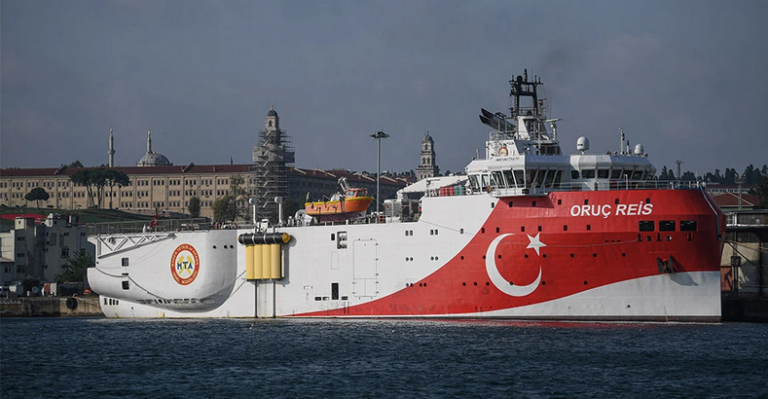The annual report on the accession countries and the progress they have made was presented by the EU Commission.
Regarding Turkey, it is noted that the European Council has repeatedly stated that the EU has a strategic interest in a stable and secure environment in the Eastern Mediterranean and in developing cooperation and a mutually beneficial relationship with Turkey.
It welcomes the de-escalation in the Eastern Mediterranean and emphasizes, that the EU is ready to work with Turkey in a gradual, proportionate and reversible way. It is pointed out that in case of renewal of unilateral actions or challenges that violate international law, the EU will use all the means and options at its disposal to defend the interests of itself and its Member States.
It also expects Turkey to actively support the negotiations for a just, comprehensive and sustainable settlement of the Cyprus problem within the UN framework, in accordance with the relevant UN Security Council resolutions and the principles on which the EU is based, while it should be emphasized that there should be no unilateral action that could increase tensions on the island and undermine the return to talks.
Archaeologists discovered the German “Stonehenge”
According to the report, there are serious shortcomings in the functioning of Turkey’s democratic institutions. The EU is seriously concerned about the continuing deterioration of the rule of law, fundamental rights and the independence of the judiciary have not been credibly addressed by Turkey. Turkey must reverse this negative trend as a matter of priority by tackling the weakening of effective checks and balances in the political system.
Regarding immigration, it is reported that Turkey has made some progress. After the events of March 2020, when Turkey actively encouraged migrants and refugees to follow the land route to Europe via Greece, the situation finally de-escalated.
With regard Varosia, Turkey must immediately take back the unilateral actions announced on 20 July 2021 and all the steps taken since October 2020 that run counter to the relevant UN Security Council resolutions.
Finally, the reference to the Turkish-Libyan Memorandum the Commission states that the bilateral Memorandum of Understanding on the delimitation of maritime jurisdiction between Turkey and the government of the Libyan National Accord, signed in November 2019, still exists despite the fact that of Greece in the region, violates the sovereign rights of third countries, does not comply with the United Nations Convention on the Law of the Sea and can not produce legal consequences for third countries.
Ask me anything
Explore related questions





